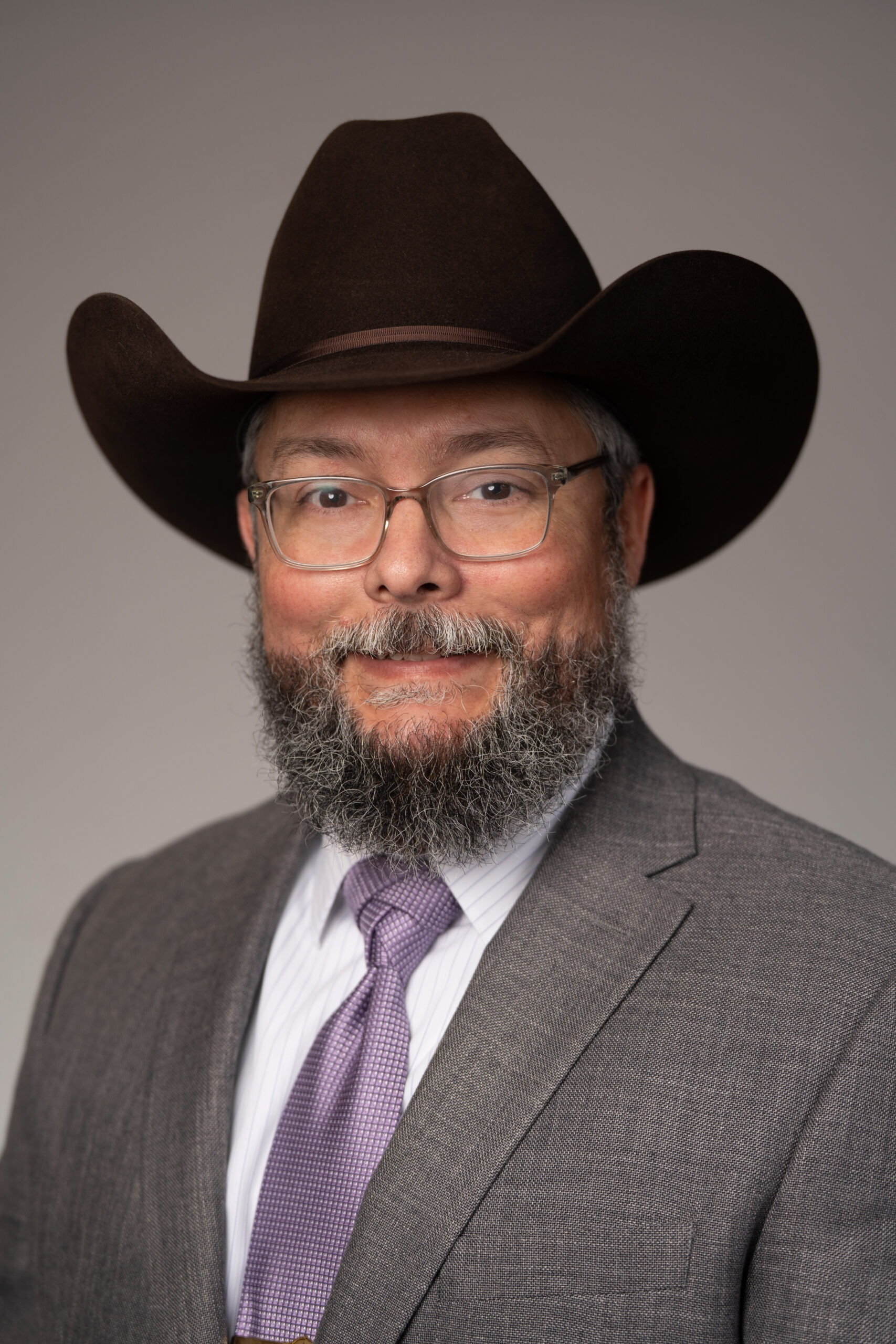
Professional Platform
This episode of Takis Talk delivers a compelling interview with Lee Butler, Director of Planning and Community Development for the City of Santa Cruz—a pivotal figure propelling one of California’s most dramatic housing turnarounds. Immerse yourself as our host Butler in a vibrant, candid conversation about the tough realities, surprising wins, and visionary leadership shaping one of the nation’s least affordable yet most innovative coastal cities.
About the Guest: Lee Butler
Lee Butler’s background is woven with decades of experience in planning and urban development, with a particular passion for the Santa Cruz community he calls home. His approach balances pragmatic policy-making, hands-on project management, and environmental stewardship, informed by a diverse professional trajectory that includes work in Silicon Valley and academic training in environmental sciences. Butler’s pragmatic yet caring philosophy shapes housing initiatives, revitalizes downtown, and weaves environmental priorities throughout the city’s dynamic growth.
Santa Cruz: A City Breaking the Mold
This episode dives into how Santa Cruz—once the least affordable city in America—became one of the rare California jurisdictions to meet all state-mandated housing targets, including very low and low-income categories under the Regional Housing Needs Allocation (RHNA) program. Butler reveals the nuts and bolts behind these achievements, from creative public-private partnerships and leveraging city-owned land to supporting nonprofit developers and securing federal, state, and private grants. Listeners get exclusive insights into the South of Laurel area plan, connecting downtown to the beach through mixed-use, walkable urban expansion reminiscent of the much-loved Santana Row, along with projects that deliver affordable units, new hotels, and vital infrastructure for business and tourism.
The Many Layers of Local Leadership
The episode pulls back the curtain on the intricate dance of city management, where Butler juggles local residents, university growth, shocked tourists, and the demands of environmental conservation. Greg’s lively style teases out candid observations about tough trade-offs—why downtown building heights landed at 85 feet, how affordable and market-rate units are interwoven through innovative inclusionary ordinances, and the hidden impacts of short-term rentals and Coastal Commission oversight. Listeners will learn about infill development’s power and why Santa Cruz won’t expand outward, thus preserving open space while growing upward in sustainable, inclusive ways.
The Human Element: Surf, Food, and Family
It’s not just about policies and programs. Butler shares glimpses into his daily life, from the challenge of turning off work emails, to family surf sessions on the world-famous Steamer Lane, and cherished moments at eclectic Santa Cruz restaurants like Bad Animal Bookstore and Bantam. The interview brims with the energy of a city that balances economic dynamism, creative placemaking, and lively community spirit the kind that keeps locals, students, and visitors coming back.
Key Takeaways for City Leaders and Citizens
Takis Talk listeners will walk away with battle-tested strategies for tackling housing crises, managing urban growth, and integrating environmental priorities. Butler’s story is both an inspiration and practical playbook for anyone—from planners and developers to city officials and engaged citizens—striving to build resilient, equitable, and livable communities. The episode emphasizes the “all of the above” approach to solving housing shortages: supporting ADUs, duplexes, townhouses, and the right policies for market rate and deeply affordable units. Greg’s questions—sometimes playful, sometimes pointed—draw out the complexity and humanity behind city-building, maki

Building Resilient Communities: A Conversation with Wayne Snell of the City of Irving, Texas
Episode guest: Wayne Snell, Director of Inspections, City of Irving, Texas
Host: Greg Diktakis, Takis Talk Podcast
Introduction
When it comes to shaping safe, thriving cities, few voices are as insightful as Wayne Snell’s. As the Director of Inspections for the City of Irving, Texas, Wayne combines decades of field experience with a forward-thinking approach to leadership and innovation.
In this Takis Talk conversation, host Greg Diktakis explores Wayne’s journey—from the life-changing experience of Hurricane Katrina to embracing AI and drone technology in modern inspections—and how he’s redefining leadership in public service.
From Hurricane Katrina to Building Resilience
Wayne’s perspective on resilience stems from personal experience. Living in New Orleans during Hurricane Katrina, he saw firsthand how quickly systems can fail—and how communities rebuild.
“There’s one part nobody captures—the smell,” he recalled. “Imagine rotting meat for months. It was a life-changing experience that taught me how fragile our systems can be.”
That moment defined his belief in strong building codes, preparedness, and collaboration—core principles that guide his work in Irving today.
Preparedness Through Collaboration
In Texas, the threats are different—tornadoes, hail, and severe weather—but the lessons remain the same. Irving’s emergency management team, led by the police department, coordinates annual mock drills to ensure readiness across all departments.
“We bring everyone together—fire, police, engineering, and public works,” Wayne said. “When we have a problem, we’re all at the table working together to solve it.”
This spirit of collaboration defines Irving’s executive culture and reflects how leadership and teamwork drive community resilience.
Embracing Technology: Drones and Virtual Inspections
While not an “early adopter” by his own admission, Wayne is practical about technology. His department uses drones and virtual inspection platforms to improve efficiency and safety.
“For under $6,000, we launched a drone program with two high-quality drones,” he explained. “Every inspection is recorded and tied directly to the permit record—it’s safe, efficient, and permanent.”
From AI-powered inspection tools to digital permitting systems, Wayne sees technology as a bridge between innovation and accountability.
Leadership, Ethics, and the Power of Communication
In his article “Pro Ethics,” Wayne reminds readers that building officials aren’t obstacles—they’re partners in progress.
“We’re not here to obstruct projects. We’re here to ensure safety,” he said. “Good communication is key. People just want to understand why.”
His leadership philosophy balances empathy, professionalism, and pragmatism—a mindset captured in his favorite phrase:
“It depends. What are you trying to accomplish?”
‘Insight Inside the Built Environment’ — Writing to Inspire
Wayne is also the author and publisher of “Insight Inside the Built Environment,” a newsletter that explores leadership, public administration, and community building.
What began as a response to his daughters’ question—“Dad, what do you actually do?”—has grown into a respected voice in the building safety and leadership community.
“The goal is to strengthen collaboration and remind others that leadership connects people, process, and purpose,” Wayne said.
His articles touch on wide-ranging issues—from homelessness and hiring practices to ethics and customer service—bridging technical expertise with human understanding.
Recruitment, Mentorship, and the Next Generation
Like many in public service, Wayne sees an urgent need to attract and train the next generation of inspectors and building professionals. His team visits trade schools and even elementary schools to spark early interest.
“I can teach technical skills faster than I can teach someone how to be polite,” he said. “Personality and communication matter most.”
Whether mentoring new inspectors or advocating for leadership development, Wayne’s focus remains clear: build people, not just projects.
Family, Balance, and Leading by Example
Behind every strong leader is a strong foundation. Wayne credits his wife for their daughters’ success—three high-achieving young women, all pursuing higher education at Texas universities.
“We’re both driven people,” he said. “It’s great to see those qualities in them.”
That family-driven ethic carries over to his work philosophy: lead by example and stay grounded in purpose.
Looking Ahead: The Path to City Management
When asked if he’d ever consider a City Manager or Assistant City Manager role, Wayne’s answer was immediate:
“Yes. We already solve problems, manage people, and deliver results. The work is the same—it’s just a bigger table.”
Still, he admits he’s not eager to leave Irving. “It’s a great city. I’m proud of what we’ve built here.”
Key Takeaway: Leadership Rarely Asks Permission to Be Needed
Perhaps Wayne’s most memorable line comes from his October article:
“Saturday didn’t show up on the calendar, but real leadership rarely asks permission to be needed.”
It’s a fitting reminder for public servants everywhere—leadership doesn’t clock in or out. It shows up when the community needs it most.
Final Thoughts
From disaster recovery to digital transformation, Wayne Snell’s story illustrates what modern public service leadership looks like—resilient, collaborative, and grounded in purpose.
As Greg closed the episode, he left listeners with the perfect summary:
“Remember, it depends. Gather your data and analyze before you commit.”

